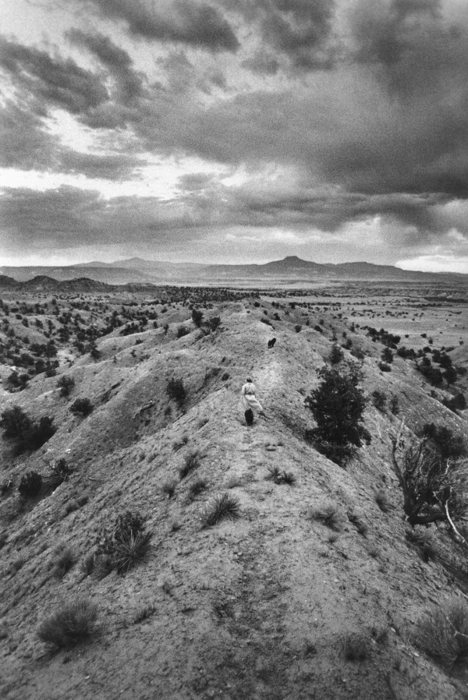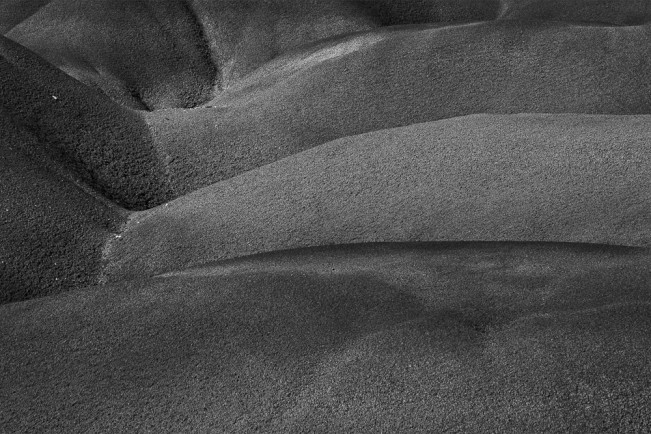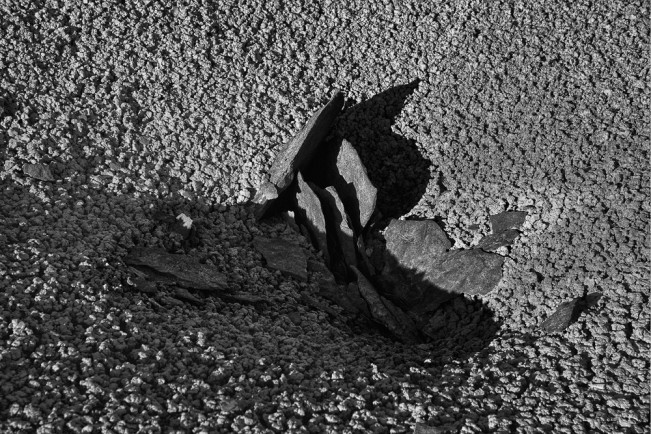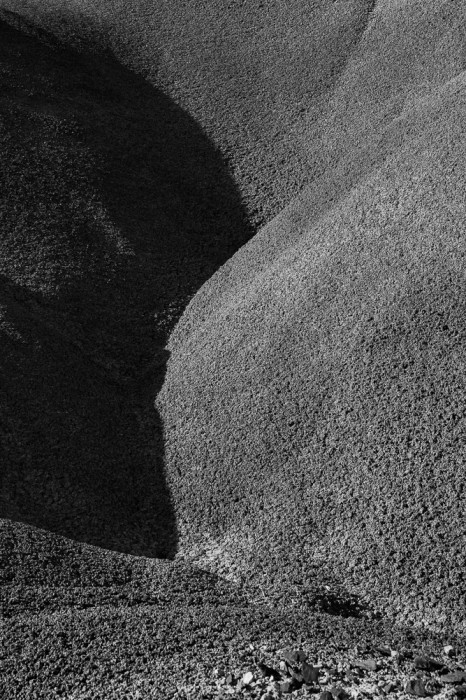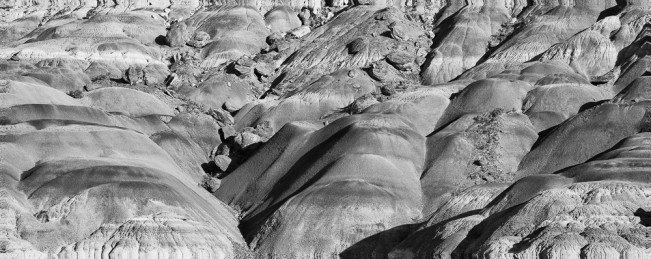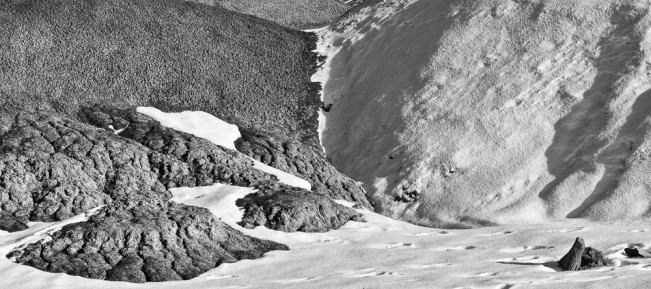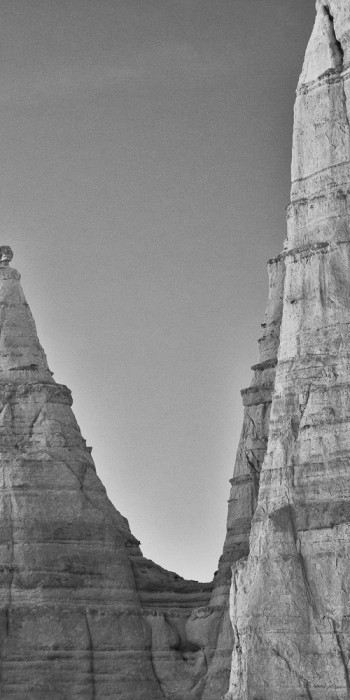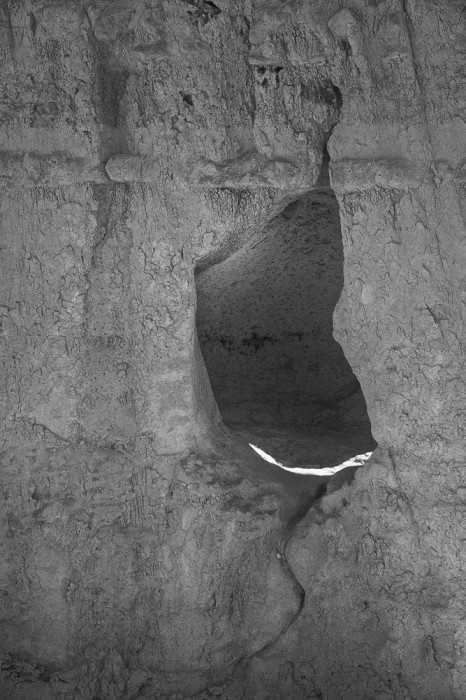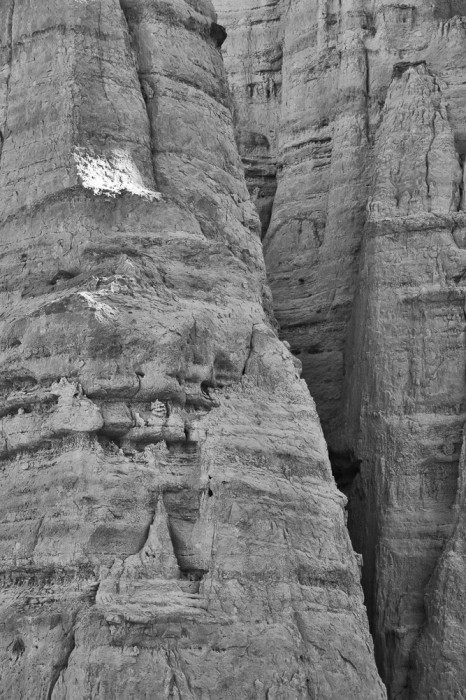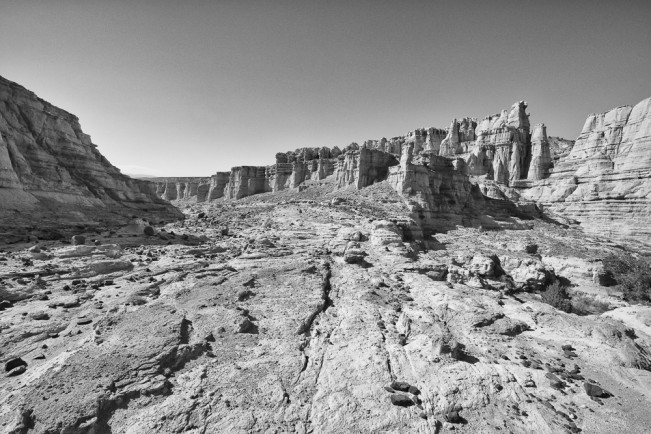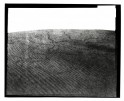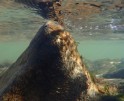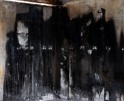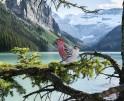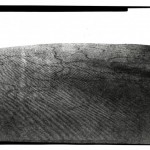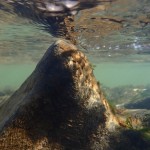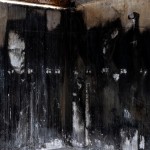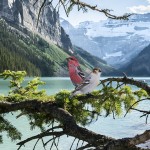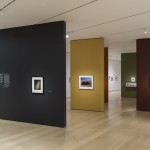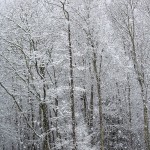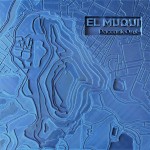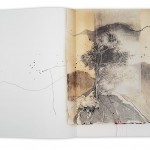Ken Sullins: Black Place/White Place: Shared Visions
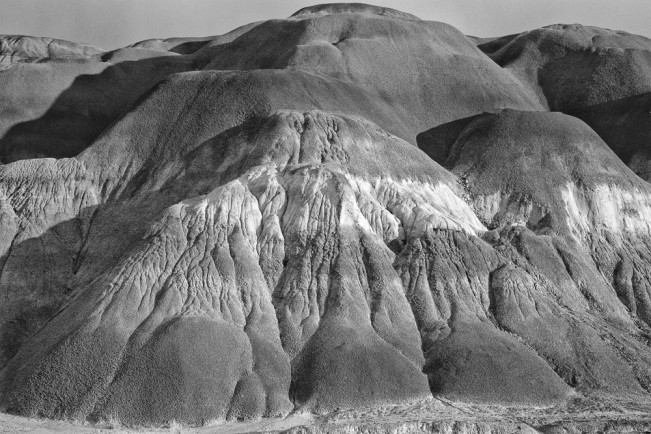 Photographer Ken Sullins was born in New Mexico and though his life journey moved him to Virginia, his heart still resonates with the wide open spaces of New Mexico’s unique landscape. Inspired by the paintings of Georgia O’Keeffe, Ken returned to his roots to walk in her footsteps and explore the places that brought her so much pleasure and inspiration. He was created two significant bodies of work that celebrate The Black Place and The White Place, both a major part of Georgia O’Keeffe’s subject matter. Tonight he opens a show at The Cooley Gallery in Leesburg, Virgina.
Photographer Ken Sullins was born in New Mexico and though his life journey moved him to Virginia, his heart still resonates with the wide open spaces of New Mexico’s unique landscape. Inspired by the paintings of Georgia O’Keeffe, Ken returned to his roots to walk in her footsteps and explore the places that brought her so much pleasure and inspiration. He was created two significant bodies of work that celebrate The Black Place and The White Place, both a major part of Georgia O’Keeffe’s subject matter. Tonight he opens a show at The Cooley Gallery in Leesburg, Virgina.
Ken is a founding surgeon at the Marion duPont Scott Equine Medical Center in Leesburg, VA. His youth in western mountains and deserts and exposure to individuals that live close to the land continue to be an attraction, however, 30 years in Virginia have transplanted his roots. In addition to his focus on horses and medicine, his work has appeared in Nature’s Best magazine, Gray’s Sporting Journal and Colorado Outdoors, amongst many other publications. Photography began to accompany his articles, but now dominates the writing. Ken sees a print before anything else.
Inspiration comes from horses, wildlife and landscapes and creating the fine art series. His work has been recognized by The Windland Smith Rice International Awards, The Center for Fine Art Photography and the Outdoor Writers’ Association of America. Work has appeared in juried shows regionally and across the country. Ken preserves his vision by printing all his own photographs.
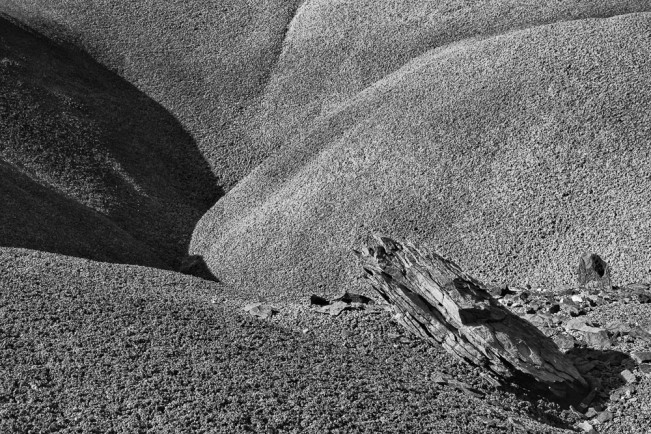
Black Place-Shared Visions
The work of American Modernist Georgia O’Keeffe has resonated with me since I lived in New Mexico; her abstracted visions of the high plains of northern New Mexico persisted as life moved me further east. The solitude of her Black Place inspired her series of paintings bearing the same name. The 1940’s required a 100-mile journey and a camp-in-residence; little has changed. However, the Place was only fuel for her fire of artistic energy.
In particular, Ms. O’Keeffe’s solitary image on a ridge top on her Ghost Ranch spoke to my Western roots and inspired my own artistic journey. That pilgrimage brought me to stand in her very footprints in her Black Place, an indescribable experience. My lens recomposed her vision of Black Place No.2, painted in 1941, and I felt a symbiotic and cathartic connection to her vision.
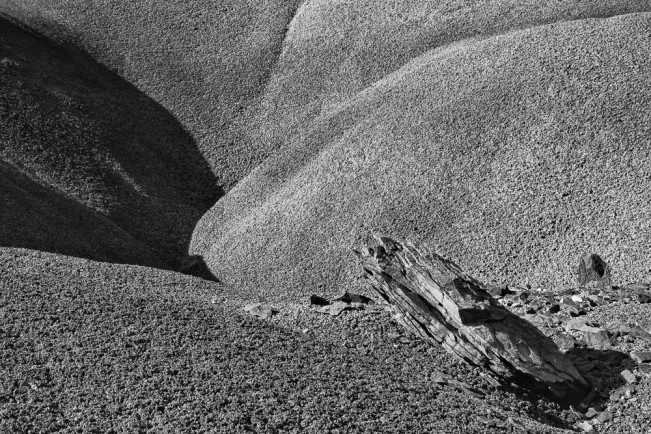 My own Black Place is revealed as I examine an ebony apocalyptoscape where wind, water and extreme conditions have sculpted a compelling lost world. Scorching heat amplified by the black substrate belies the 7000-ft elevation. In winter, the black absorbs unperceived warmth, evaporating snow directly into the dry air. Formations extending to a horizon expand perception while intriguing forms and intricate patterns draw the eye back down. Black stone shapes lie strewn across the formations like dice thrown from a great hand.
My own Black Place is revealed as I examine an ebony apocalyptoscape where wind, water and extreme conditions have sculpted a compelling lost world. Scorching heat amplified by the black substrate belies the 7000-ft elevation. In winter, the black absorbs unperceived warmth, evaporating snow directly into the dry air. Formations extending to a horizon expand perception while intriguing forms and intricate patterns draw the eye back down. Black stone shapes lie strewn across the formations like dice thrown from a great hand.
In photographing my Black Place, I have created my own interpretations of this unique environ. The flare of the vast landscape opened the symphony; the ensuing movements of lines and forms and melodies of textures consumed and propelled me over the hills. The arid black aloneness magnified the sensation of somehow participating in such significant art.
It’s the humbling experience of seeing the high plains first through the eye of an American visionary and then finding my own focus that roots me to the landscape that first shaped my vision of home.
“The land is experienced sensually by feeling the wind, soil, plants and rocks.”
Georgia O’Keeffe
White Place-Shared Visions
My journey through her White Place began in Georgia O’Keeffe’s footsteps below her 1941 oil “White Place in Shadow.” The breeze brought the sound of her picking her way through the sand and rocks of the dry creek bottom, but she sent me on my own journey. O’Keeffe’s visions transcended the place; its language in form is universal.
Eons of wind and water have sculpted a canyon of limestone spires, hoodoos, and a Parthenon along the Chama River in Northern New Mexico. American Modernist Georgia O’Keeffe transformed the soft colors and subtle forms to canvas. Here, she minimized abstraction, but experiments in perspective and her fondness of V or vertical elements of composition were evident.
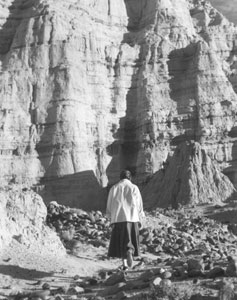
Georgia O’Keeffe ©Todd Webb, Courtesy of Evans Gallery and Estate of Todd & Lucille Webb, Portland, Maine USA
For me, subtle beams of light struck thoughtful compositions where none would have otherwise been. Small elements composed larger visions of structure, and the wide-angle lens led me up an Acropolis for a perspective back down to white columns. Descending into the rocky bosom of the White Place immersed me in a concert of images and history.
Posts on Lenscratch may not be reproduced without the permission of the Lenscratch staff and the photographer.
Recommended
-
Olga Fried: Intangible EncountersFebruary 18th, 2026
-
Juliette Ludeker: Somewhere You Can Never GoFebruary 16th, 2026
-
Review Santa Fe: Elizabeth Z. Pineda: Sin Nombre en Esta Tierra SagradaFebruary 6th, 2026
-
Review Santa Fe: Carolyn Monastra: Divergence of BirdsFebruary 2nd, 2026

